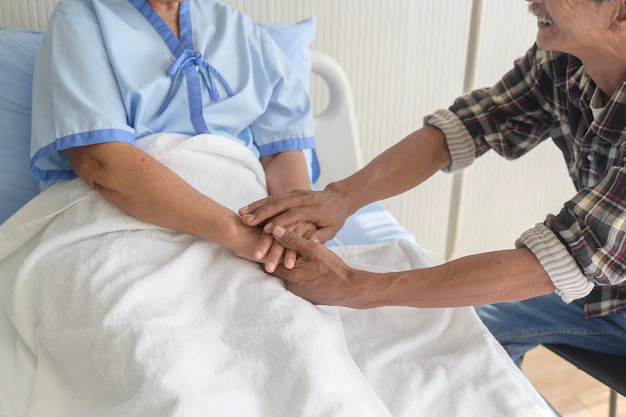Palliative Care for People with Lung Cancer

Palliative care is an approach that focuses on improving the quality of life for people with serious illnesses, such as lung cancer. It is designed to provide relief from symptoms, pain, and stress that often accompany a serious illness. Palliative care can be provided alongside curative treatments for lung cancer and is available at any stage of the disease.
Here are some important things to know about palliative care for people with lung cancer:
- Palliative care is not the same as hospice care: While hospice care is a type of palliative care, it is typically reserved for people with a life expectancy of six months or less. Palliative care can be provided at any stage of the disease, even if a person is still receiving curative treatments.
- Palliative care is a team approach: Palliative care is provided by a team of healthcare professionals, which may include doctors, nurses, social workers, and chaplains. The team works together to address a person’s physical, emotional, and spiritual needs.
- Palliative care can help manage symptoms: People with lung cancer may experience a range of symptoms, such as pain, shortness of breath, fatigue, and nausea. Palliative care can help manage these symptoms and improve a person’s quality of life.
- Palliative care can improve communication: Palliative care can help improve communication between a person with lung cancer and their healthcare team. This can help ensure that the person’s goals and values are taken into account when making treatment decisions.
- Palliative care can provide emotional support: A lung cancer diagnosis can be very stressful and emotional for both the person with cancer and their loved ones. Palliative care can provide emotional support and counseling to help people cope with the challenges of the disease.
In conclusion, palliative care is an important part of the care for people with lung cancer. It can help manage symptoms, improve communication, and provide emotional support for people with lung cancer and their families. If you or a loved one has lung cancer, talk to your healthcare team about the benefits of palliative care.
